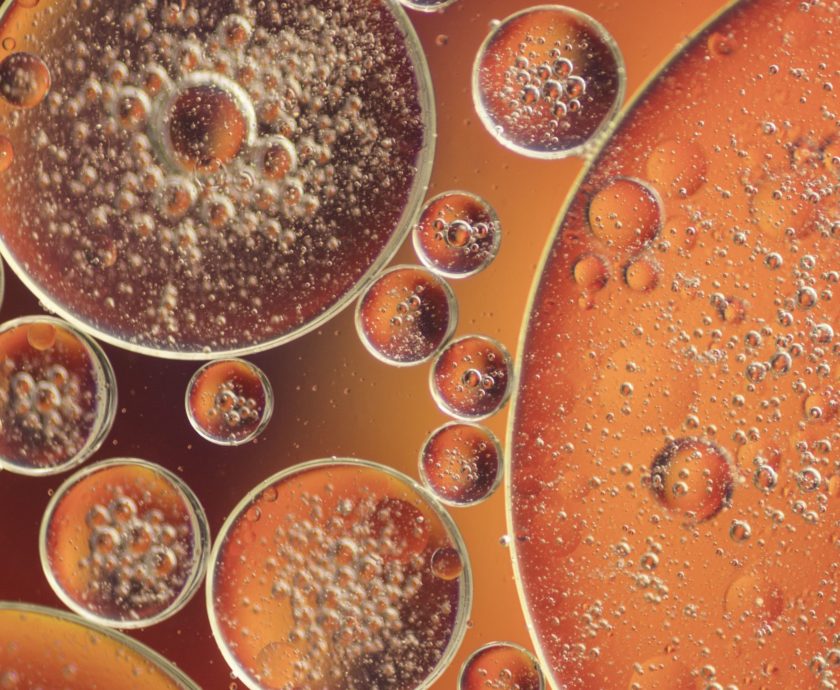In the realm of healthcare, the term “rare diseases” encompasses a vast array of conditions, including rare cancers. While individually uncommon, collectively these diseases affect millions worldwide, underscoring the significance of Rare Diseases Day. This annual observance serves as a poignant reminder of the challenges faced by those diagnosed with rare conditions, including limited treatment options, delayed diagnoses, and a lack of awareness. In this blog post, we delve into the world of rare cancers, shedding light on their complexities, the importance of advocacy, and avenues for support.
Understanding Rare Cancers
Rare cancers, by definition, affect a small portion of the population. Unlike more prevalent cancers such as breast or lung cancer, rare cancers encompass a diverse group of malignancies, each with its unique characteristics, diagnostic challenges, and treatment considerations. Examples include carcinoid tumors, mesothelioma, and cholangiocarcinoma, among others. Due to their rarity, research funding and clinical trials for these cancers may be limited, posing obstacles to the development of effective therapies.
Challenges in Diagnosis and Treatment
One of the primary hurdles in managing rare cancers is the difficulty in obtaining an accurate diagnosis. Symptoms may mimic more common conditions or manifest in atypical ways, leading to delays in recognition and treatment initiation. Additionally, healthcare providers may lack familiarity with these rare malignancies, further complicating the diagnostic process. Once diagnosed, treatment options may be limited, and patients may need to travel long distances to access specialized care centers with expertise in managing their specific cancer type.
The Importance of Advocacy
Advocacy plays a pivotal role in addressing the needs of individuals with rare cancers. Patients, caregivers, healthcare professionals, and advocacy organizations work tirelessly to raise awareness, promote research funding, and advocate for policies that improve access to care and support services. Through advocacy efforts, individuals affected by rare cancers can amplify their voices, drive research initiatives, and foster collaborations that accelerate progress in diagnosis, treatment, and supportive care.
Finding Support and Resources
Navigating a rare cancer diagnosis can be overwhelming, but support and resources are available to assist patients and their families. Online communities, support groups, and nonprofit organizations dedicated to specific rare cancers offer valuable information, emotional support, and connections to others facing similar challenges. Furthermore, patients can explore clinical trial databases to learn about investigational treatments and potential opportunities to participate in research studies aimed at advancing knowledge and improving outcomes for rare cancers.
In addition to these resources, patients can also reach out to renowned institutions like the Falcon Memorial Cancer Institute (FMCI). FMCI, recognized for its commitment to patient care, provides comprehensive support services and access to cutting-edge treatments for rare cancers. Their multidisciplinary approach ensures that patients receive personalized care tailored to their unique needs, offering hope and empowerment in their journey towards healing.
Rare cancers represent a diverse group of malignancies that pose unique challenges to patients, caregivers, and healthcare providers. On Rare Diseases Day and beyond, it is crucial to recognize the importance of raising awareness, advocating for research funding, and fostering support networks for those affected by these diseases. By uniting efforts and championing the cause of rare cancers, we can strive to improve diagnosis, treatment, and quality of life for individuals navigating the complexities of these rare conditions.
As we commemorate Rare Diseases Day, let us reaffirm our commitment to standing in solidarity with those impacted by rare cancers, empowering them with knowledge, support, and hope for a brighter future.
- Learn more about rare cancers and advocacy efforts at the Rare Cancer Support Forum
- Explore clinical trial opportunities for rare cancers at the National Institutes of Health (NIH)
- Connect with others affected by rare cancers through online communities like CancerCare
- Stay updated on the latest research and treatment options for rare cancers with resources from the American Association for Cancer Research (AACR)





